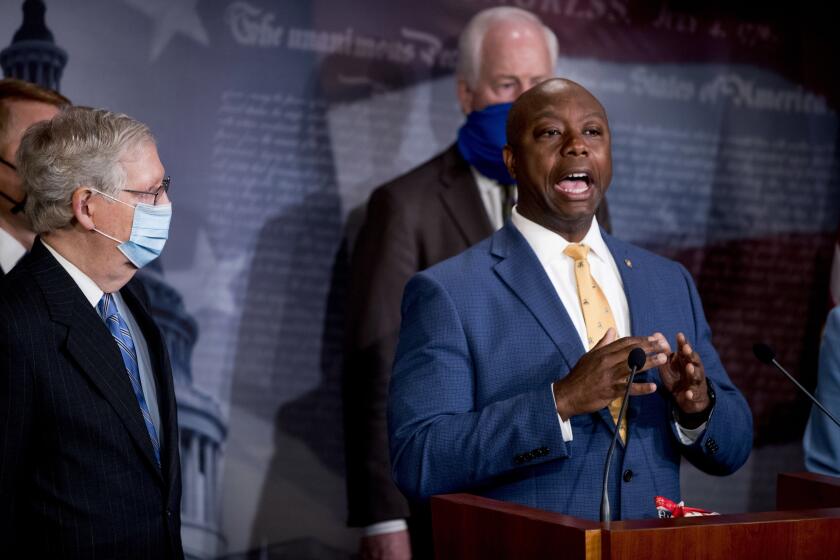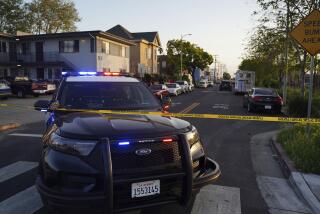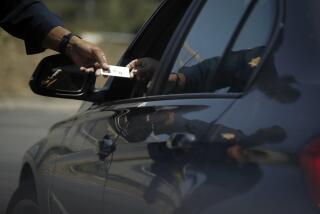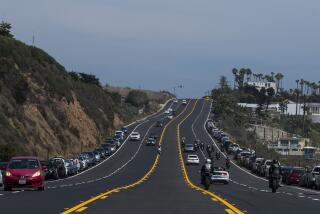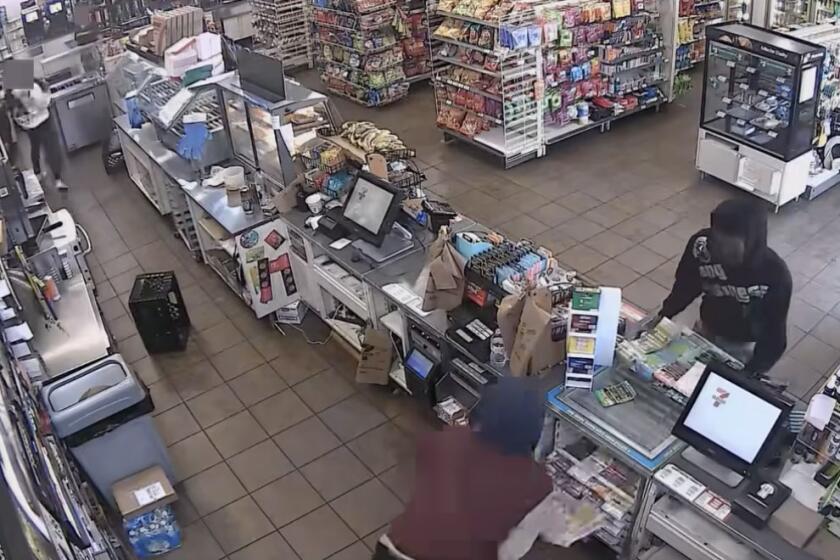Berkeley considers removing police from traffic enforcement
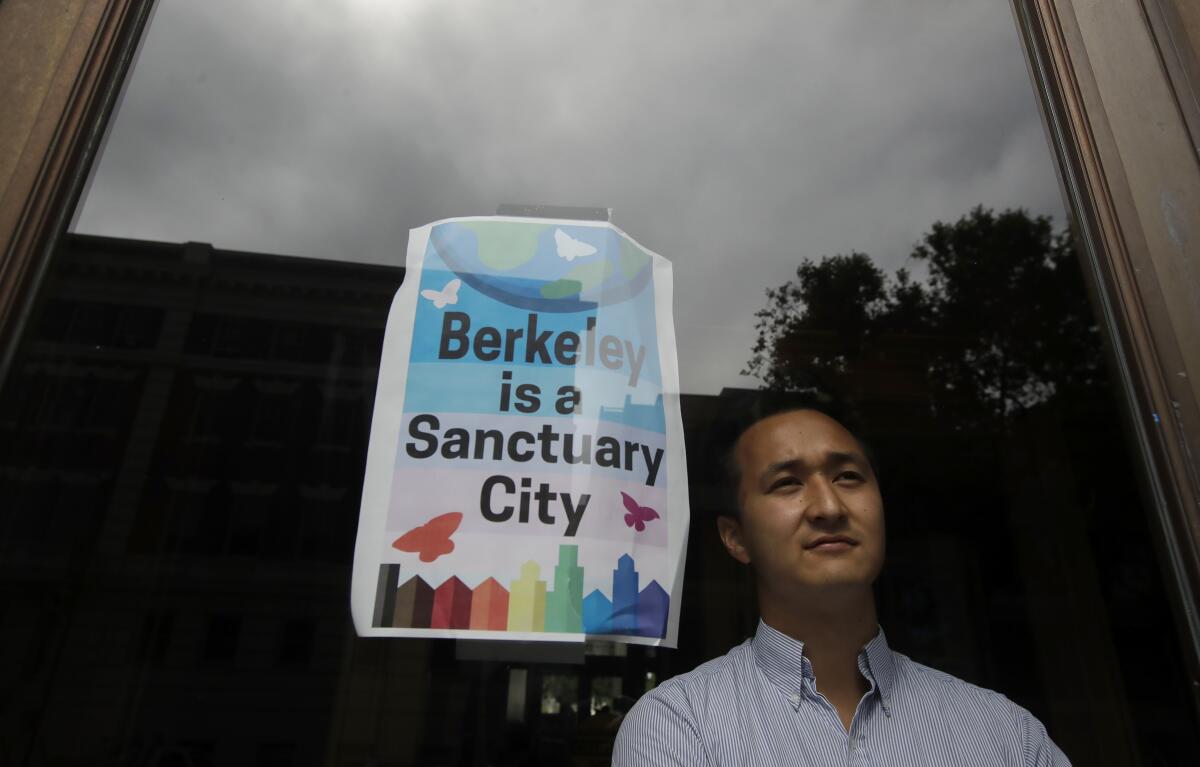
The city of Berkeley is considering a proposal to shift traffic enforcement from armed police to unarmed city workers in a bid to curb racial profiling and reduce law-enforcement encounters that can turn deadly, especially for Black motorists.
Experts say they believe the proposal before the Berkeley City Council on Tuesday to separate traffic from law enforcement is the first of its kind in the U.S. as cities attempt broad public-safety reforms following the death of George Floyd in Minneapolis.
Numerous studies have shown that African American drivers are much more likely to be stopped by police than white drivers for minor traffic infractions — and end up as tragic headlines. Philando Castile, 32, was shot and killed after he was pulled over for a busted tail light during a traffic stop in 2016 in Minnesota. Sandra Bland, 28, died in a jail cell three days after being stopped for failing to signal when changing lanes in Texas in 2015.
“It’s been an incredible cry from the community to look at law enforcement, to look at the role of police in this country and in this city and calling on us, especially as a very progressive city, to lead the way and [try] some new things, pushing the edge when we can,” said Rigel Robinson, a Berkeley City Council member who is pushing the proposal.
White people make up 54% of the Berkeley’s population with Asians at 20%, Latinos at 11% and African Americans at 8%. Yet African Americans accounted for half of 608 traffic stops conducted by Berkeley police between mid-March and mid-June this year, according to a City Council memo. White drivers accounted for nearly a quarter of all stops.
If approved Tuesday night, the proposal before the council would change nothing right away. Instead, it calls on the city manager to convene a “community engagement process” to pursue the creation of a separate Berkeley transportation department to handle transportation projects as well as enforcement of parking and traffic.
San Francisco officers will stop responding to disputes between neighbors, reports about homeless people and school discipline interventions.
It is one of several reforms that council members and Berkeley Mayor Jesse Arreguin want the community to discuss as they re-imagine modern policing. State laws might need to be changed to allow for an overhaul, Robinson said.
“But if we’re serious about transforming the country’s relationship with police, we have to start by taking on the single-most common interaction Americans have with law enforcement, and that’s traffic stops,” he said.
The Berkeley Police Department said Monday that it does not comment on council legislation.
But in a joint statement, the police unions for Los Angeles, San Jose and San Francisco said that reckless driving, speeding, driving while under the influence are all dangerous “traffic” enforcement violations.
Democrats and Republicans thought they saw common ground on banning chokeholds and other controversial police tactics. They were wrong.
“We do not believe that the public wants lax enforcement of those incidents by non-sworn individuals. Traffic stops are some of the most dangerous actions police officers take. What happens when the felon with an illegal gun gets pulled over by the parking police?” the statement said. “Nothing good, we’re sure of that.”
Data analyses by the Stanford Open Policing Project at Stanford University have found that Black and Latino motorists are searched far more often than white drivers, said Cheryl Phillips, the project’s co-founder, but the searches turned up fewer drugs, guns and other contraband. She said that the racial disparity in stops declines after sunset, presumably because it is harder to see the race of the driver, she said.
In California, Black drivers were stopped by law enforcement at 2.5 times the rate of white drivers and searched three times as often, according to a state report issued in January by the Racial and Identity Profiling Advisory Board. Officers were nearly three times as likely to search African Americans than white people, although white suspects were more likely to yield contraband or other evidence.
More to Read
Start your day right
Sign up for Essential California for news, features and recommendations from the L.A. Times and beyond in your inbox six days a week.
You may occasionally receive promotional content from the Los Angeles Times.

